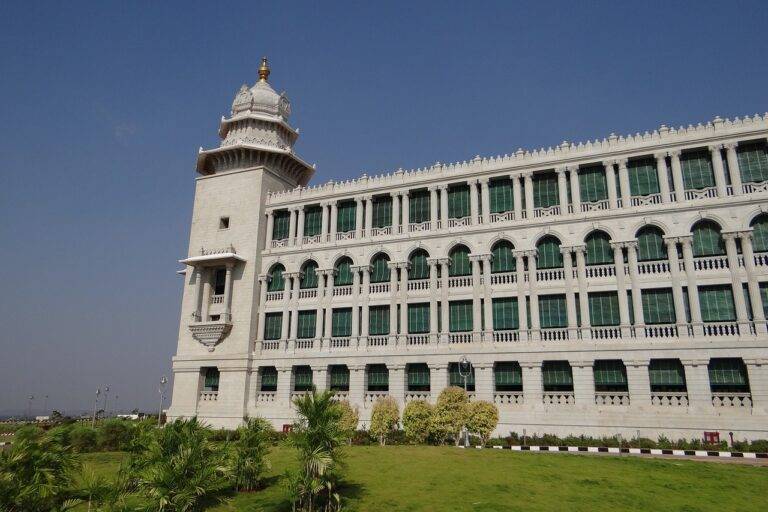Analyzing the Impact of Trade Wars on Electoral Outcomes: 11xplay com, Laser247, Skylivecasino signup
11xplay com, laser247, Skylivecasino Signup: Trade wars have become a significant topic of discussion in recent years, with countries imposing tariffs and restrictions on imports and exports in an effort to protect their domestic industries. While the primary goal of trade wars is often economic, their impact on electoral outcomes should not be underestimated.
In this article, we will analyze how trade wars can influence electoral outcomes and shape the political landscape of a country.
The Impact of Trade Wars on Electoral Outcomes
1. Economic Impact
Trade wars can have a significant economic impact on a country, leading to job losses, higher prices for consumers, and reduced economic growth. When voters feel the effects of a trade war in their wallets, they are likely to express their dissatisfaction at the ballot box.
2. Nationalism vs. Globalism
Trade wars often pit nationalism against globalism, with some politicians advocating for protectionist policies to boost domestic industries, while others argue for free trade and open borders. The outcome of a trade war can influence how voters perceive these competing ideologies and may shape their voting decisions.
3. Public Perception
How a government handles a trade war can have a significant impact on public perception. If a government is seen as effectively standing up for its citizens and protecting their interests in a trade war, it may receive a boost in popularity. Conversely, if a government is perceived as mishandling a trade war or causing unnecessary harm to the economy, it could face backlash at the polls.
4. Political Messaging
During a trade war, political messaging becomes crucial. Politicians must effectively communicate their stance on trade issues and convince voters that they are acting in the country’s best interests. Failures in messaging can result in electoral losses.
5. Party Loyalty
Trade wars can also influence party loyalty among voters. Those who traditionally support a particular party may reconsider their allegiance if they believe that party’s handling of a trade war is detrimental to the country. This can lead to shifts in electoral outcomes.
6. International Relations
Trade wars can strain international relations and impact how a country is viewed on the global stage. This, in turn, can have implications for electoral outcomes, as voters may consider a government’s diplomatic reputation when casting their ballots.
In conclusion, trade wars have the potential to significantly impact electoral outcomes by influencing the economy, shaping public perception, highlighting ideological differences, affecting political messaging, and influencing party loyalty. As countries continue to navigate the complexities of global trade, it is essential for politicians to consider the electoral implications of their trade policies.
FAQs
Q: Can trade wars benefit a country’s economy in the long run?
A: While some argue that trade wars can protect domestic industries and create jobs, most economists believe that the long-term effects of trade wars are negative, leading to higher prices, reduced economic growth, and job losses.
Q: How do voters typically respond to politicians during a trade war?
A: Voter responses can vary, but dissatisfaction with how a government is handling a trade war can lead to electoral losses for incumbent parties.
Q: What role does international cooperation play in resolving trade wars?
A: International cooperation is essential in resolving trade disputes and preventing further escalation. Countries must work together to negotiate fair trade agreements that benefit all parties involved.
Overall, the impact of trade wars on electoral outcomes is complex and multifaceted, with economic, ideological, and diplomatic considerations all coming into play. As countries navigate the challenges of global trade, it is crucial for politicians to carefully consider how their actions may influence voter behavior and shape the political landscape.







